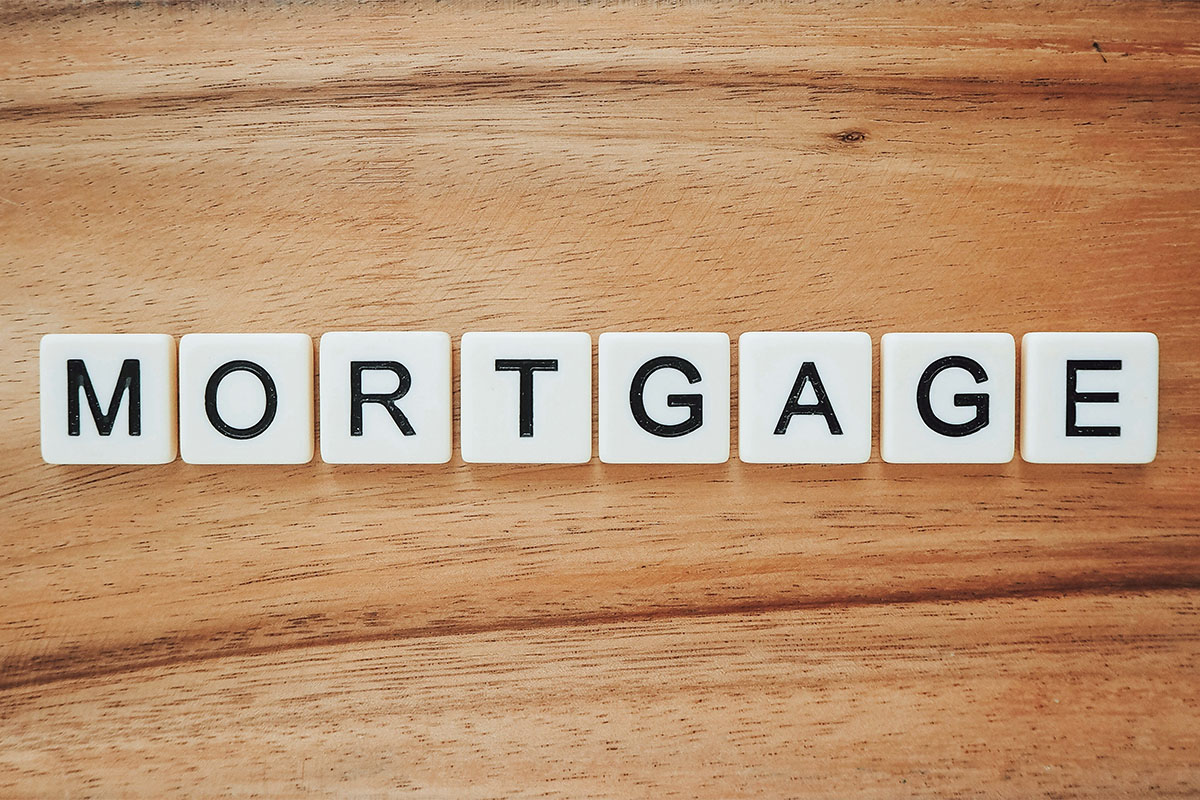Whenever you are dealing with real estate, whether you are buying or selling, there are several steps that you must take in order to cover all of your bases in the process. One very crucial factor in the buying or selling process is the inspection.
Inspections are an important part of the real estate business because they ensure that everyone is getting exactly what they bargained for. You will want to have an inspection performed before buying a property or, in some cases, even before putting it on the market as a seller.
Here are a few main aspects of an inspection you can expect so you know what to look for whether you are buying or selling a home.
What a General Inspection Includes
An inspector will assess the condition of the structural aspects of your home as well as a few other systems. According to the American Society of Home Inspectors, the following components of a property will be included in their report:
- Heating Ventilation and Air Conditioning system (HVAC)
- Plumbing
- Electrical Systems
- Roof and Attic
- Visible Insulation
- Walls, Ceilings, and Floors
- Windows and Doors
- Foundation
- Basements
- All Structural Components
Based on this list, you can see that a general inspection can give you a solid basis of understanding as to the overall condition of a home.
Additionally, a general inspector can recommend a specialized inspection if it is necessary. For instance, if the inspector notices a potential issue with the plumbing that needs further attention, he or she will likely refer you to a reputable plumbing company to do a more thorough inspection of the condition of that system.
When to Order an Inspection
If you are looking to make an offer on a property, you will likely enter into an “option period.” This is a period of time, usually 5-10 days, that is mutually agreed upon between the buyer and seller. After an offer is made, the buyer will put up a small additional fee to allow their due diligence in getting the right inspections performed.
Then, after the option period is over, the buyer is able to terminate their offer on the home if they do not feel they want to continue with the purchase. Typically, the fee amount for the option period (which is negotiated and agreed upon between both parties) is anywhere from 200-500 dollars.
Who Pays for the Inspection
The party ordering the inspection is typically the one to pay for it. Oftentimes, a seller might have an inspection of the property on file already, but if you are the buyer, you will likely want to order your own inspection.
When it comes to making such a large purchase, the inspection fee (which will likely fall between 200-400 dollars depending on the location and size) is a small price to pay for your complete peace of mind moving forward with your offer. You can also use your inspection report as a potential negotiation factor when it comes time to finalize the purchase.




